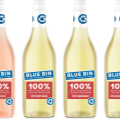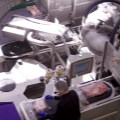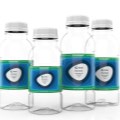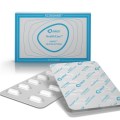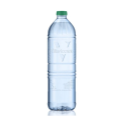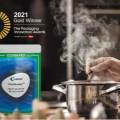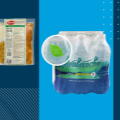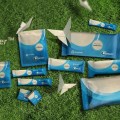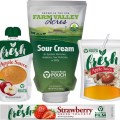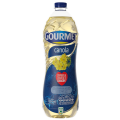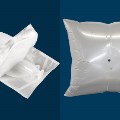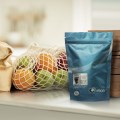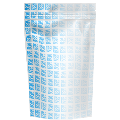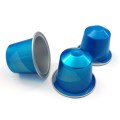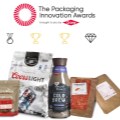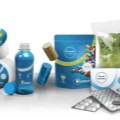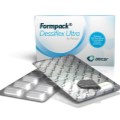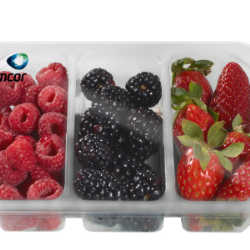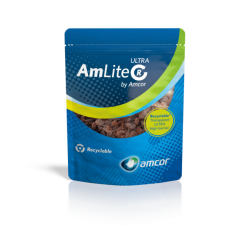If this is your company, CONTACT US to activate Packbase™ software to build your portal.


Healthy eating trends and convenience are boosting the fruit snacks industry globally. According to Business Wire the global fruit snack market is forecasted to reach USD 9.1 billion by 2024. With demands high for variety and on-the-go availability it’s critical that packaging answers the demands of freshness, convenience and shelf life.
Of course, in this fast-moving convenience sector, timing is everything. And whether it’s imported whole to be prepared, or prepared and packed at the source, the maturity of the fruit is critical. As fruit comes in and out of season, keeping tight control all year round can be difficult. This is where packaging plays a major part in both the supply chain journey right the way through to on the shelf.
The price of the ineffective packaging
To maintain quality throughout the fruit’s shelf life, the packaging film needs to be optimised. If prepared fruit is packed in a barrier film or a film that is not permeable enough, anaerobic conditions can bring up all kinds of problems. The biggest challenges facing producers and packers are:
Blown packs – which can occur when too much CO2 builds up.
Fermentation or yeast growth in the pack causes off odours and flavours.
Spoilage caused by cell breakdown can soften fruit and create excess juice.
In fact, because of the high sugar content of fruit products, taints like these will happen much faster, leaving customers with acidic, sour or even fizzy fruit. Not only that the respiration and fermentation rates of fruit differ across types and even varieties so fruit mixes also pose a complex challenge.
Keeping fruit fresh
Amcor Food Scientists work closely with customers and suppliers to understand every factor that needs to be considered when packaging fruit. From variety of fruit, cut size and weight, and country of origin, to supply chain, preparation processes and end pack format.
It’s with those factors in mind that Amcor supplies customers with materials for shelf life trials that ensure suitability of the film before products go to market.
Amcor’s P-Plus for example can ensure an aerobic atmosphere throughout the fruit’s shelf life, and solve the key problems associated with prepared fruit.
No excessive build-up of CO2.
Fresh flavours and aromas throughout a longer shelf life.
Less discolouration and softening.
Minimal weight loss and reduced excess juice.
P-Plus from Amcor
Whether packed at source and transported or prepared and packed for retail Amcor’s P-Plus solution can help.
Amcor P-Plus – Liners
Amcor P-Plus carton and crate liners are an innovation in post-harvest packaging that extends the storage life of fresh produce during transit. The liners work to preserve the nutritional quality of fruits and vegetables by slowing down maturation and reducing food waste.
Amcor P-Plus – Retail
Our retail solutions ensure on the shelf freshness which can help to reduce food waste and provide longer shelf life. The P-Plus retail solution is versatile and works to eliminate moisture loss and slow respiration rates providing optimum taste, appearance and texture for longer
At Amcor, Food Scientists work with producers and retailers to understand and meet their packaging needs. P-Plus is the response to an increased end-customer demand for fresh, prepared and packaged fruit.


